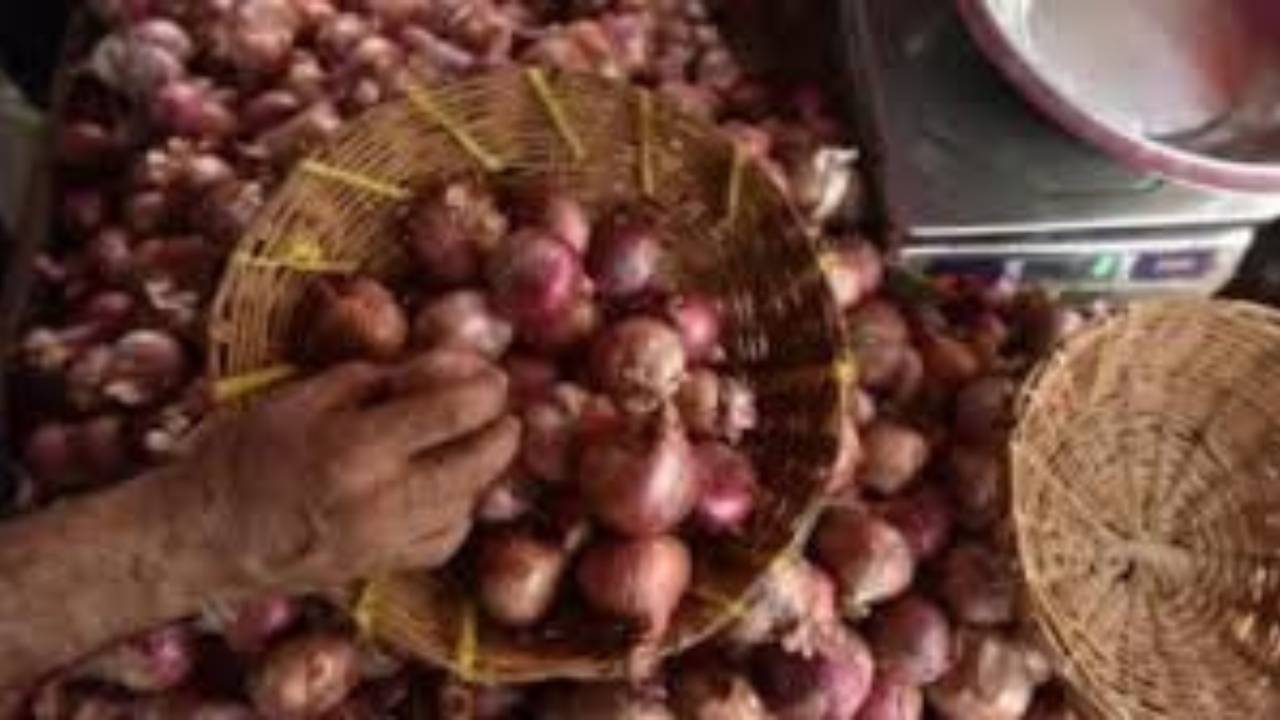“We are leaving no stone unturned for the benefit of our farmer brothers and sisters who have been working round the clock to ensure the country’s food security… such decisions (on onion, Basmati rice and edible oils) are going to greatly benefit our food producers. While these decisions will enhance their income, employment opportunities will also be increased in rural areas,” Modi said in his remarks, responding to Chouhan’s multiple posts on X about benefits of the “farmers’ friendly” decisions.
The government on Friday decided to remove the minimum export price (MEP) on onions and reduce the export duty on it from 40% to 20%, remove the MEP on Basmati rice, and increase the duty on the import of crude palm, soyabean, and sunflower oils from 12.5% to 32.5% and on their refined oils from 13.75% to 35.75%.
Referring to the three decisions, Shah in his post on X said the government is boosting exports to ensure that farmers receive a fair price for their crops, allowing them to earn maximum value for their produce. He stated that the move on onion will result in a rise in income for onion-producing farmers whereas the decision on Basmati rice would enable the Basmati rice-producing farmers to export and earn higher profits.
Echoing views of Shah, Chouhan said all oilseed farmers, especially soybean and green gram farmers, will get good prices whose crops are about to come in the market. Besides, the production of soya ‘khali’ will also increase and it will be exported, he added.
The agriculture minister also underlined that the decision on edible oils will help in increasing acreage of oilseeds, including mustard, during the upcoming Rabi (winter sowing) season, saying the move will increase the demand for mustard, sunflower and groundnut crops for refined oil.
